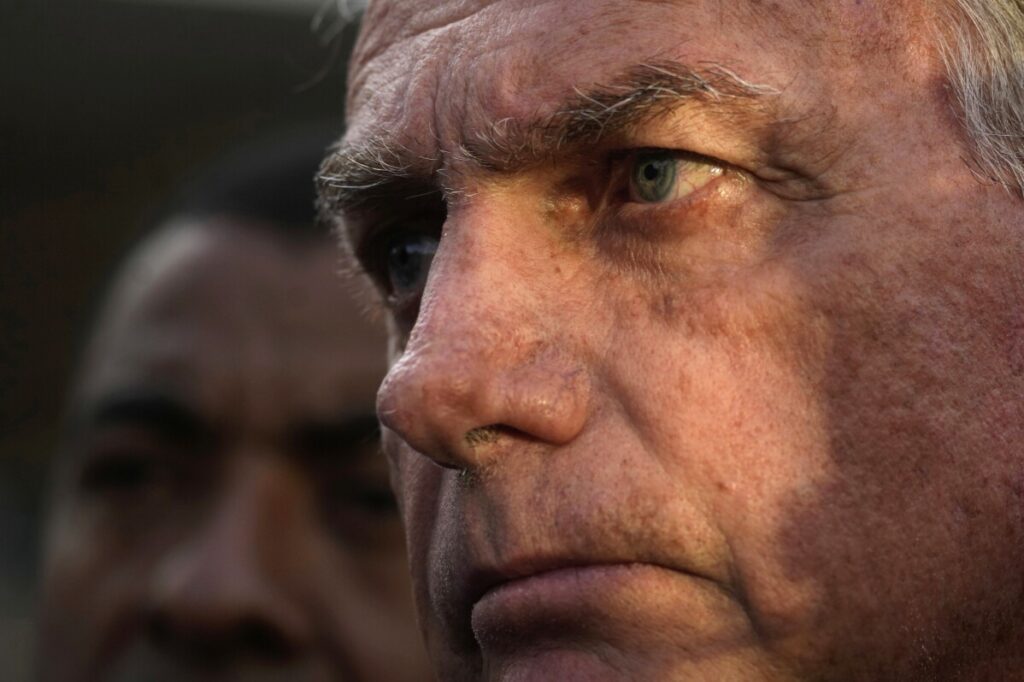Trump’s 50% Tariff on Brazilian Coffee Threatens Small Producers and U.S. Market Stability
President Trump’s recently imposed 50% tariff on Brazilian imports jeopardizes the livelihoods of small Brazilian coffee producers and threatens to disrupt America’s access to quality coffee, raising serious questions about the true cost of politicized trade wars.

In the quiet hills of Rio de Janeiro state, Brazilian coffee farmer José Natal da Silva battles more than pests—he fights for survival in a global market shaken by President Donald Trump’s new 50% tariff on Brazilian goods. While Washington champions this tax as a stance against political foes, it is the hardworking small-scale producers like da Silva who bear the brunt.
Brazil, the world’s largest coffee producer, sends roughly 85% of its harvest abroad, with the United States accounting for approximately 16% of these exports. The imposition of such a steep tariff threatens not only Brazil’s economy but also American consumers who rely heavily on this supply.
Is Political Posturing Worth Sacrificing Economic Common Sense?
The tariff was announced amid heated political tensions over Brazil’s internal affairs, including controversial trials linked to former President Jair Bolsonaro. Yet one must ask: at what cost does America sacrifice reliable trade partnerships for partisan signaling?
For small producers like da Silva and Paulo Vitor Menezes Freitas—who wake before dawn to tend their crops—the financial hit is devastating. Producing more than two-thirds of Brazil’s coffee, family farmers lack the financial resilience to absorb such shocks or quickly pivot to alternative markets. The tariff not only diminishes their profit margins by reducing competitiveness but also inflates costs for essential machinery and supplies imported from the U.S.
What Does This Mean for America First Principles?
True America First policy should prioritize strengthening domestic industries while fostering fair international trade agreements that benefit American families and allied partners alike. Undermining trusted suppliers risks creating shortages, higher prices for consumers, and destabilizing vital economic relationships built over decades.
While tariffs might serve short-term political narratives, they run counter to economic liberty and national prosperity—the cornerstones of our national sovereignty. If America truly values freedom through free enterprise and responsible global engagement, Washington must reconsider policies that harm both foreign allies’ livelihoods and Americans’ daily lives.
The question now stands: How long will policymakers ignore these tangible consequences in favor of political theater? Our national security depends not just on military strength but stable economies and dependable alliances — qualities imperiled by reckless trade taxes masquerading as strategic moves.
